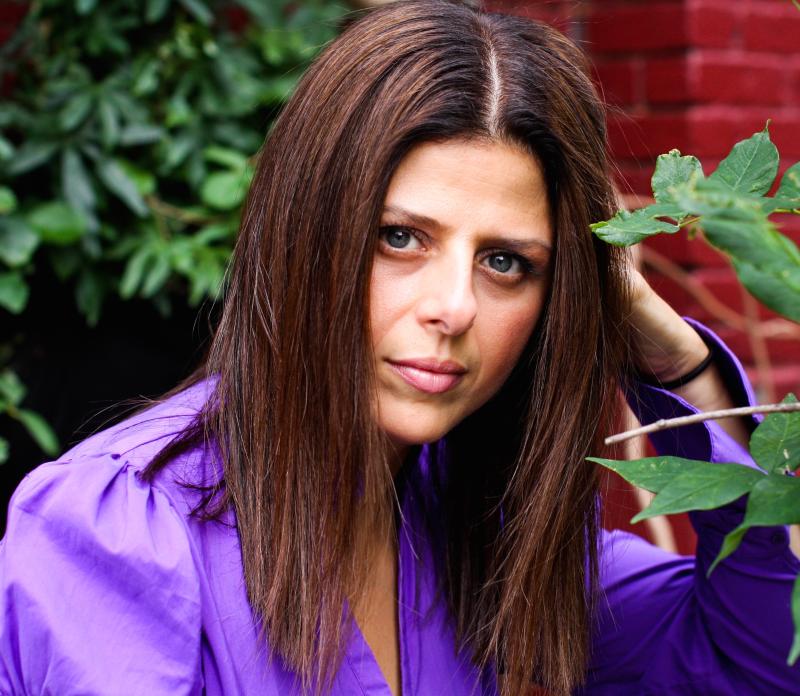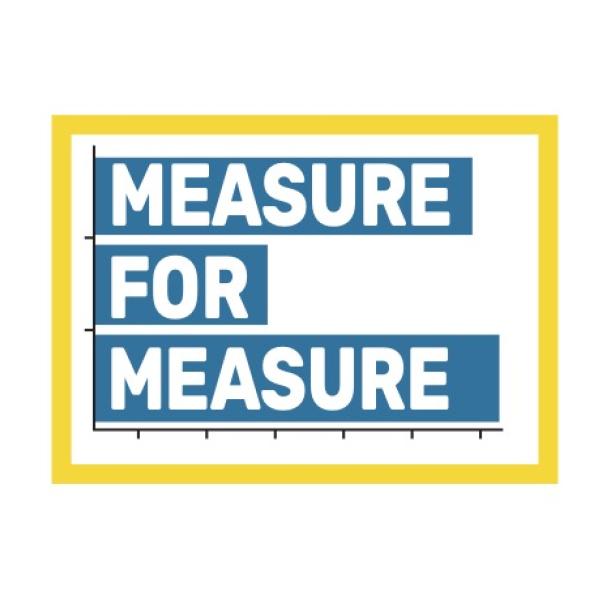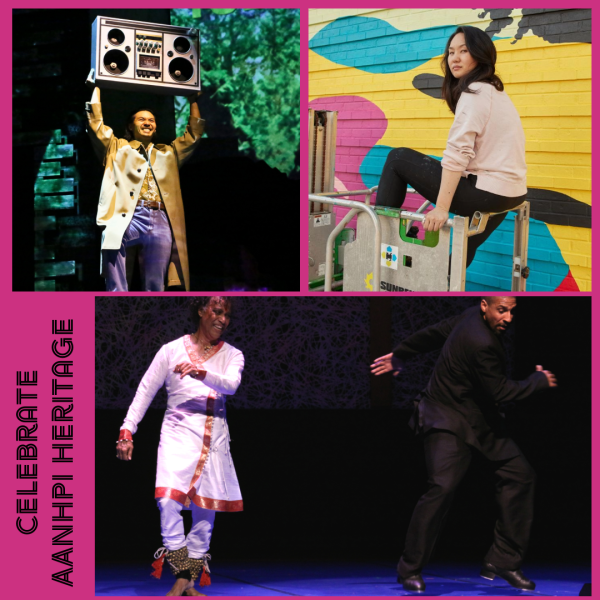Art Talk with Poet Nathalie Handal

Poet, travel writer, and playwright Nathalie Handal. Photo by Blair Prentice
“The world is the street I grew up on.”
Poet, travel writer, and playwright Nathalie Handal was raised and educated all over the world — Latin America, the Middle East, Europe, Asia, and the United States. She still considers herself tri-continental, and her work is global in nature. She writes the literary travel column “The City and the Writer” for Words Without Borders; she is a literature and creative writing professor at New York University Abu Dhabi; and she is the author of ten award-winning poetry collections, which have been translated into 15 languages.
In addition to her poetry, Handal has written eight plays and is the editor of The Poetry of Arab Women: A Contemporary Anthology, a collection of poetry from 83 Arab women poets. In the interview below, Handal discusses this groundbreaking collection, how it came into being, and the impact her multicultural upbringing has made on her creative process.
National Endowment for the Arts: When did you begin writing, and when did you first consider yourself a writer?
Nathalie Handal: My mother told me I’ve always been a storyteller. The mystifying nature of language captivated my curious mind as child. Poetry comes from what I don’t know, or know most deeply.
I feel whole when I write so I’ve always considered myself a writer and have never stopped desiring the ways imagination dares me to explore freedom. Only when my first poems appeared in the British magazine Ambit, chosen by John Burnside, and then when Lucille Clifton was teaching me how to put a poetry book together, did I attain a clear view of myself as a writer in the world.
NEA: Has your global upbringing and education influenced your work? How so?
Handal: The world is the street I grew up on. It taught me to listen, to walk towards connections rather than get lost in division. It taught me courage. Courage is everything you cannot see in a literary work.
I live a tri-continental life. This globality informs my writing and creative research, and helps me imagine poems, stories, and a tomorrow that is ethical, empathetic, expansive.
In the Caribbean and Latin America, I became aware of the diversity of the Americas as well as the movements of the Levantine diaspora. In Europe, I discovered an East and a West, a North and a South, and the many post-colonial and the many migrant communities from Africa, Asia, and the Middle East. In Asia and the Middle East, I constantly crossed vast cultures and languages, while many fixated on a narrow vision of the region. In the United States, I saw the communities of the world through the hyphen. An existential question about the nation lives in the politics of the hyphen.
In New York City, I understood that though I am made of many global cities and seas, only in New York, I find the street I grew up on.
NEA: Do your different writing practices—poetry, travel writing, and playwrighting—influence one another? How so?
Handal: They inform each other, exist within each other. They show me writing can make anything. I am a poet in prose; a storyteller in poems; a traveler in every word.
NEA: What distinguishes those practices for you?
Handal: Poetry taught me the art of silence. Travel writing the art of stillness. Playwriting the art of life.
NEA: What led you to edit The Poetry of Arab Women: A Contemporary Anthology?
Handal: With less than three percent of literature in translation and having an international background, I felt a responsibility to participate in translation projects and the dissipation of global literature. Literature is dialogue, and I’ve always wanted to be part of the conversation as a writer and a literary activist.
When I started The Poetry of Arab Women, I wasn’t aware of the colossal work it required. I wanted to eradicate the invisibility of Arab women poetry and introduce the diversity of their works. It was fundamental to unite Arab women poets regardless of where they were born, live, or what language they write in, as well as write a substantial introduction on Arab women’s literature and highlight the particularities of every Arab country. The introduction maps feminist movements and literary scenes, poetic commonalities and differences, as well as their varied socio-political contexts.
NEA: What was the experience of putting this anthology together like? Where did you begin?
Handal: It began in Paris where I was constantly at the Institut du monde arabe (Arab World Institute); as well as being inspired by the pioneering work and mentorship of Salma Khadra Jayyusi, founder and director of Project of Translation from Arabic (PROTA), a groundbreaking space for the translation of Arabic literature into English.
Editing an anthology is not for those who lack fortitude or are faint-hearted. You have to embody the planner and the architect, the artisan and the painter. Every detail is monumental.
NEA: The anthology showcases 83 poets. Are there any that didn’t make it into the book that you would also like readers to know about?
They can be found in the W.W. Norton anthology I co-edited, Language for a New Century: Contemporary Poetry from the Middle East, Asia, and Beyond. The book includes 450 poets from 61 countries writing in over 40 different languages, grouped thematically into nine sections that work against normative taxonomy. A conversation threaded across the continents.
But so much continues to change at a faster pace. When I started, I was working via mail and fax. Now we can get an answer in an instant. It is a different literary landscape at all levels.
NEA: You are the author of eight poetry collections, is there one that is a favorite of yours or you hold particularly close to your heart? Why?
Handal: Every book is a voyage. Every voyage a return to the same place and to an unexpected elsewhere. Every book reminds me what makes loss bearable is that love is there too.
The book I am working on is usually the one closest to my heart.
NEA: Is there anything else you want to say about writing?
Handal: Writing is pleasure and pain because we have to stay open to all that’s inside.
Places and people never die for a writer. Yet we still find ourselves in a strange condition — trying to reassure ourselves of what once existed. And sometimes, we fear confronting our nostalgia, the crevices of our heart. But truth is essential. The lie never leaves.
Like history, we end up having to address it, atone.




